The battle for Tata Trusts is heating up.
Tata Trusts – which controls a large stake of Tata Sons, the main holding company for all the firms in the Tata Group – has reappointed Venu Srinivasan as its trustee for life. Srinivasan was reappointed to the position ahead of his term expiring in October.
This comes as the reappointment of Mehli Mistry, another trustee, is also due to be renewed on 28 October amid reports of an internal rift in the group. A source has claimed that Srinivasan’s reappointment was unanimous.
But who is the 73-year-old Srinivasan? And how does this matter in the Tata Trusts saga?
Let’s take a closer look.
Who is Srinivasan?
Srinivasan is the chairman emeritus of TVS Motor Company – which is India’s biggest manufacturer of two-wheelers. Srinivasan was born on December 11, 1952, in Chennai. He is the grandson of TV Sundaram Iyengar, who founded the conglomerate TVS Group in 1911.
Srinivasan, a third-generation industrialist, studied at Chennai’s Don Bosco Matriculation Higher Secondary School before obtaining an engineering degree from Chennai’s College of Engineering, Guindy. He then did an MBA from Purdue University in the United States. Srinivasan is said to have begun his career as a mechanic in his own garage. In 1979, Srinivasan became CEO of Sundaram-Clayton, the holding company of TVS Motor.
Arguably the most impressive feat in his career came in the 1980s when he took the TVS Motor Company, a firm struggling with labour issues and facing heavy financial losses, and transformed it into a world-class enterprise. He famously made the decision to shut the TVS factory down for three months. Srinivasan was also the first Indian industrialist to implement the Japanese Total Quality Management (TQM) model – far before his competitors.
His leadership was recognised by the Union of Japanese Scientists and Engineers (JUSE), which awarded him the prestigious Deming Prize – an international award for quality management excellence – in 1998 and the Japanese Quality Medal in 2002. TVS Motor Company was also awarded the Deming Prize that same year, the first two-wheeler company to do so.
Srinivasan has been conferred with a slew of honours and honorary degrees for his career and leadership. This includes a “Doctor of Science” by the University of Warwick in 2004, the Jamsetji Tata Lifetime Achievement Award by the Indian Society for Quality that same year, the JRD Tata Corporate Leadership Award by the All India Management Association in 2005, a “Doctor of Science” from the Indian Institute of Technology, Kharagpur in 2009, the Padma Shri in 2010 for his valuable and outstanding contributions in the field of trade and industry, the Ishikawa-Kano award in 2012, the Deming Distinguished Service Award in 2019 (the first Indian to do so), and the Padma Bhushan in 2020.
Currently worth $6 billion (Rs 50,000 crore), Srinivasan is the 639th richest person in the world. In August 2025, Srinivasan’s son Sudarsan took over as managing director and chairman of TVS Motor Company. Srinivasan, meanwhile, was appointed as the chairman emeritus. Srinivasan, who remains on the board of TV Sundram & Sons, is also vice-chairman of Tata Trusts and a director on the Central Board of the Reserve Bank of India.
How does this matter in the Tata Trusts saga?
The development comes amid reports of a rift within the Tata Trusts.
On the one hand, you have the group comprising Noel Tata, who took over as chairman of the Tata Trusts after the passing of Ratan Tata, alongside Srinivasan and Vijay Singh. This camp is said to favour continuity and stability within Tata Trusts and claims to want to preserve the ‘Tata ethos’.
On the other side, you have the camp led by Mehli Mistry – who has ties with the extended Shapoorji Pallonji family, which owns an over 18 per cent stake in Tata Sons – and trustees such as Pramit Jhaveri, Jehangir HC Jehangir and Darius Khambata.
This group is pushing for a new way of doing things and a change in the way decisions are taken at Tata Trusts. It recently blocked the reappointment of Singh as a nominee director on the board of Tata Sons. Singh, who is also a Vice-Chairman of Tata Trusts, called voting on the issue “unprecedented” and said this flew in the face of Ratan Tata’s long-standing history that decision-making must be made via “consensus and unanimity”.
“The idea of voting on any matter in Tata Trusts is unprecedented. Ratan Tata was very firm that there should always be consensus and unanimity on issues… and perhaps we are now in a different era,” Singh told Indian Express.
One of the main bones of contention is whether or not Tata Sons ought to be publicly listed – that is, become a public company and have its shares listed on the stock exchange. The Noel-led camp wants to keep the company private and thereby keep a tight control over its reins. It fears that going public could dilute the control of Tata Trusts over the group.
However, the Mistry-led camp wants just the opposite – arguing that going public would maximise the value of Tata Sons, and bring the company into the modern world when it comes to transparency and governance. The Shapoorji Pallonji group, meanwhile, is firmly in the latter camp.
“We firmly believe that listing this premier institution will not only uphold the spirit of transparency envisioned by its founding father, Shri Jamsetji Tata, but also strengthen trust among all stakeholders – employees, investors, and the people of India,” the SP Group said in its statement.
However, with the two sides seemingly at odds, investor confidence in the group may be dented and there may be gridlock when it comes to important decisions. Whomever wins the battle will win control of the Tata Group and its future direction.
With inputs from agencies


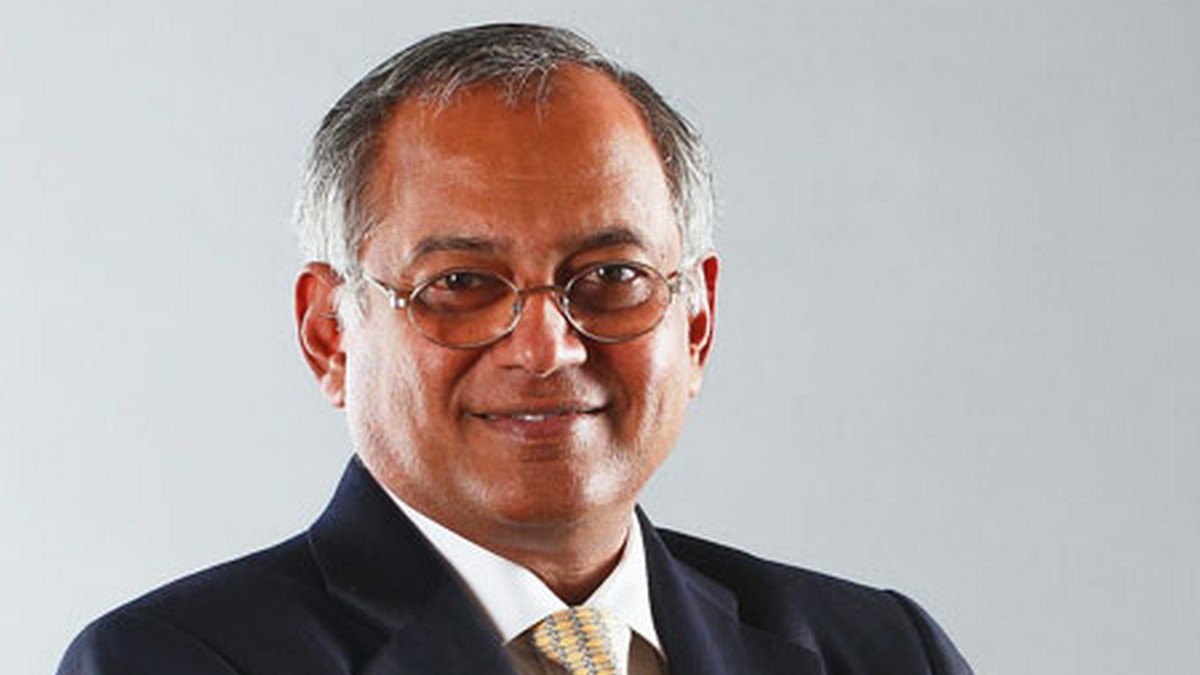)
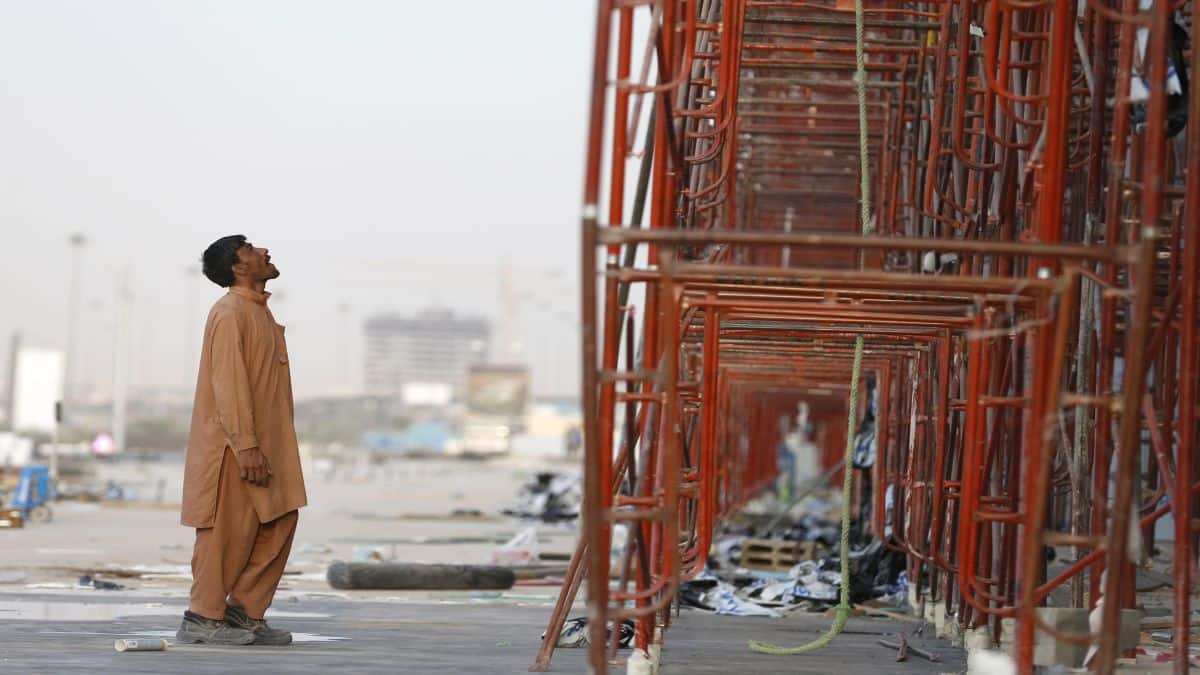
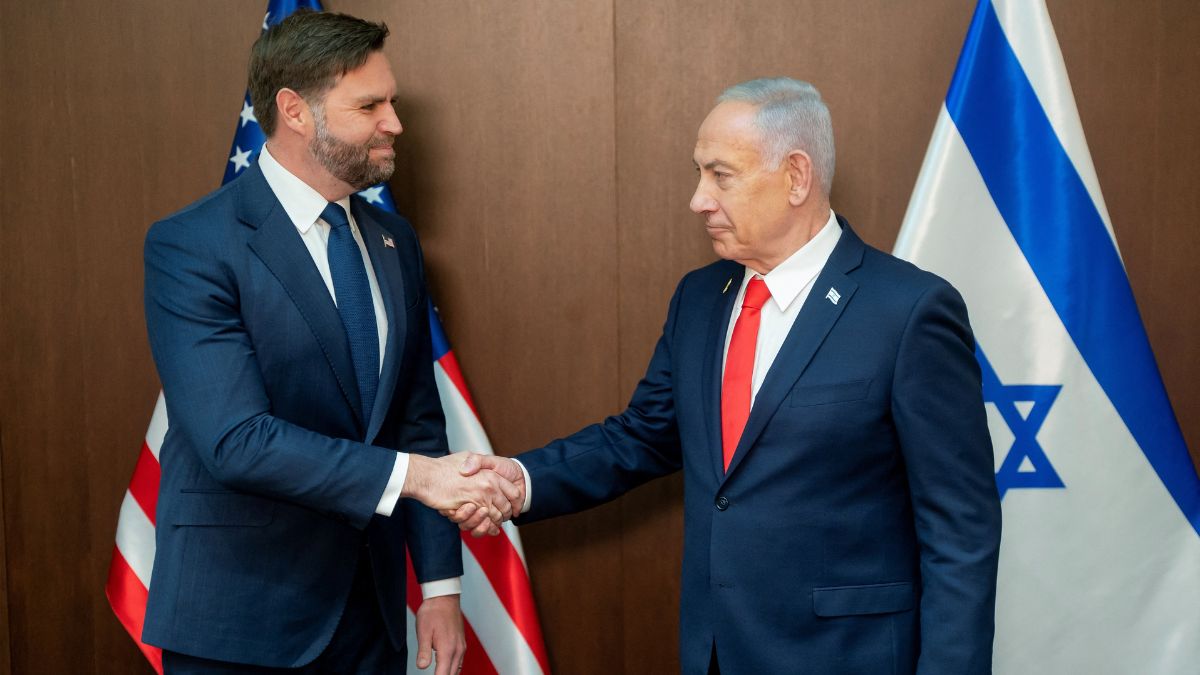)
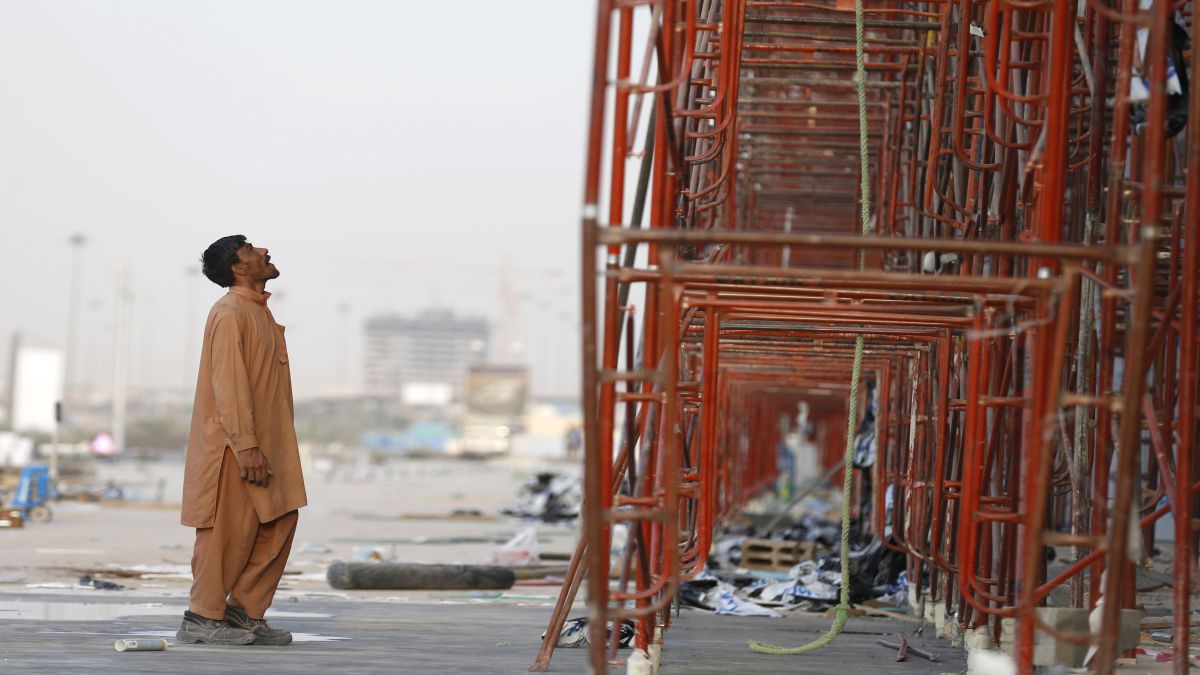)
)
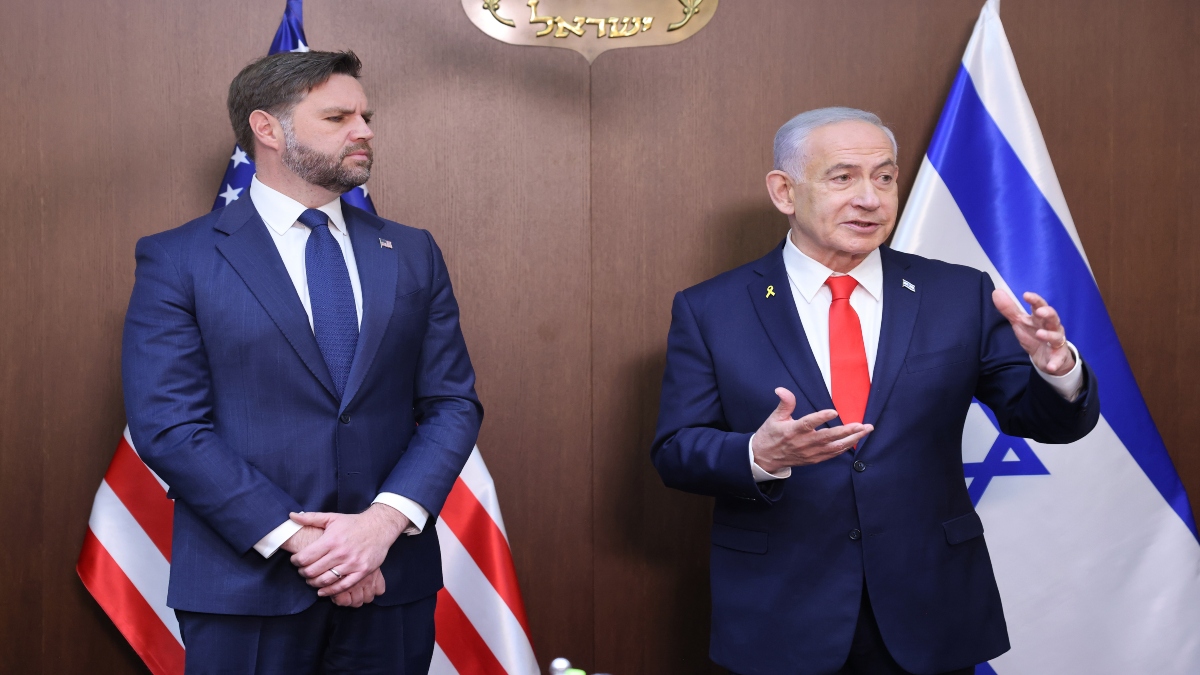)
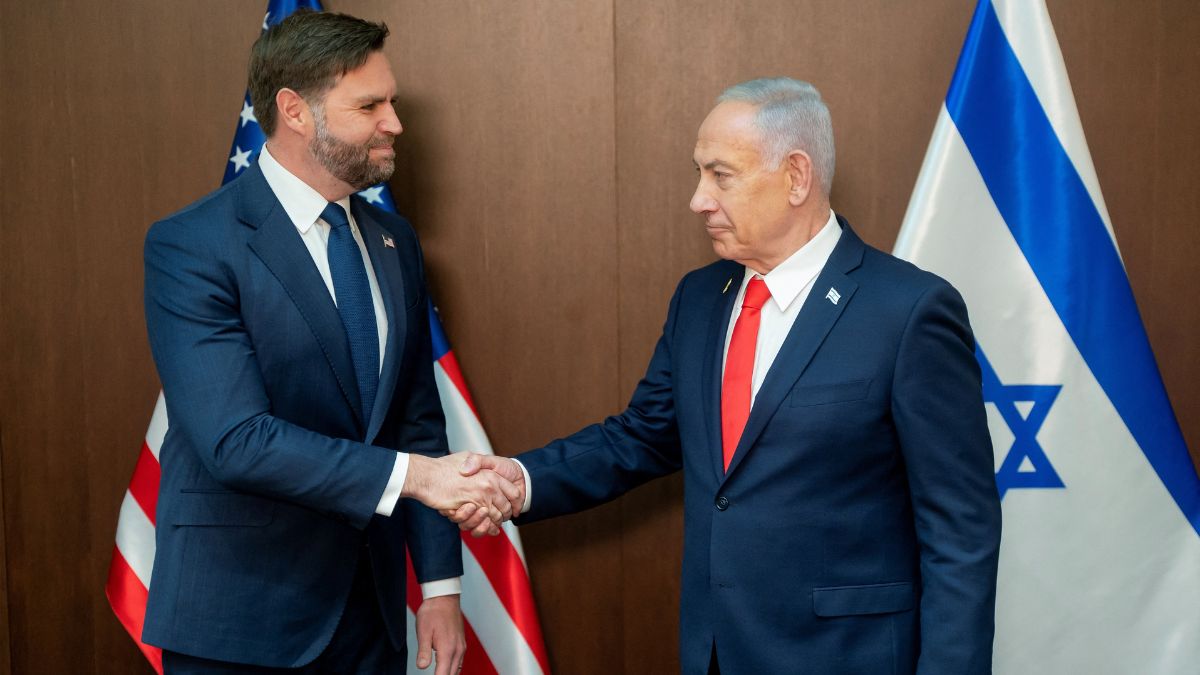)
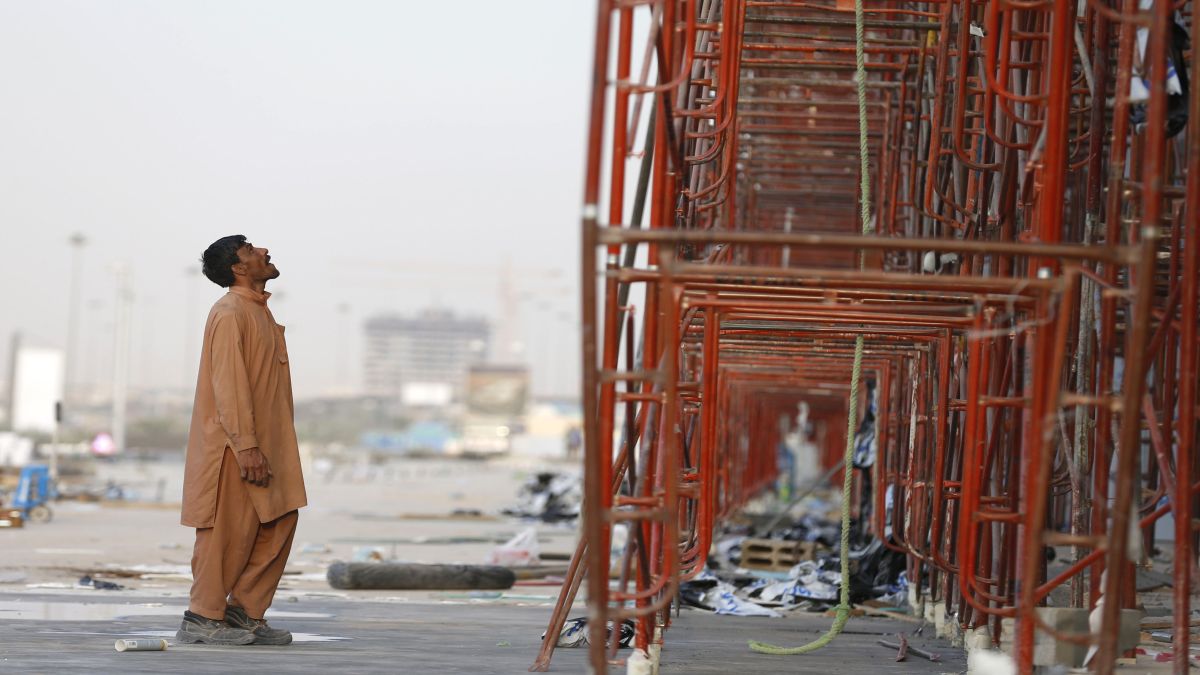)
)
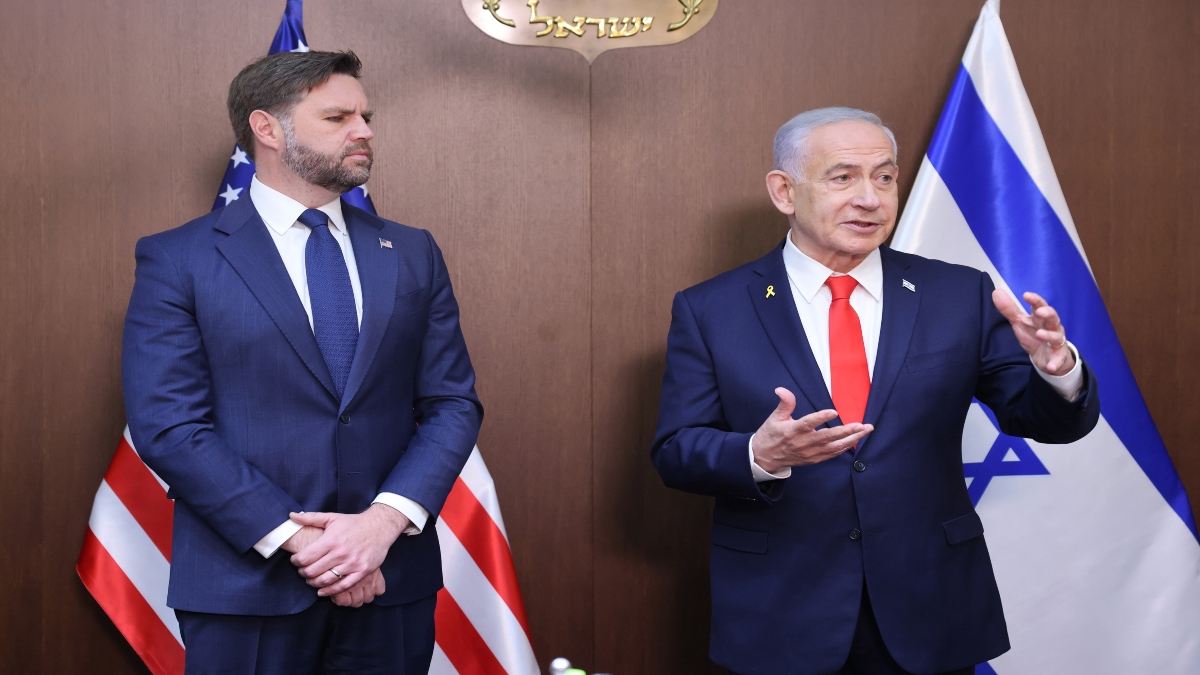)



